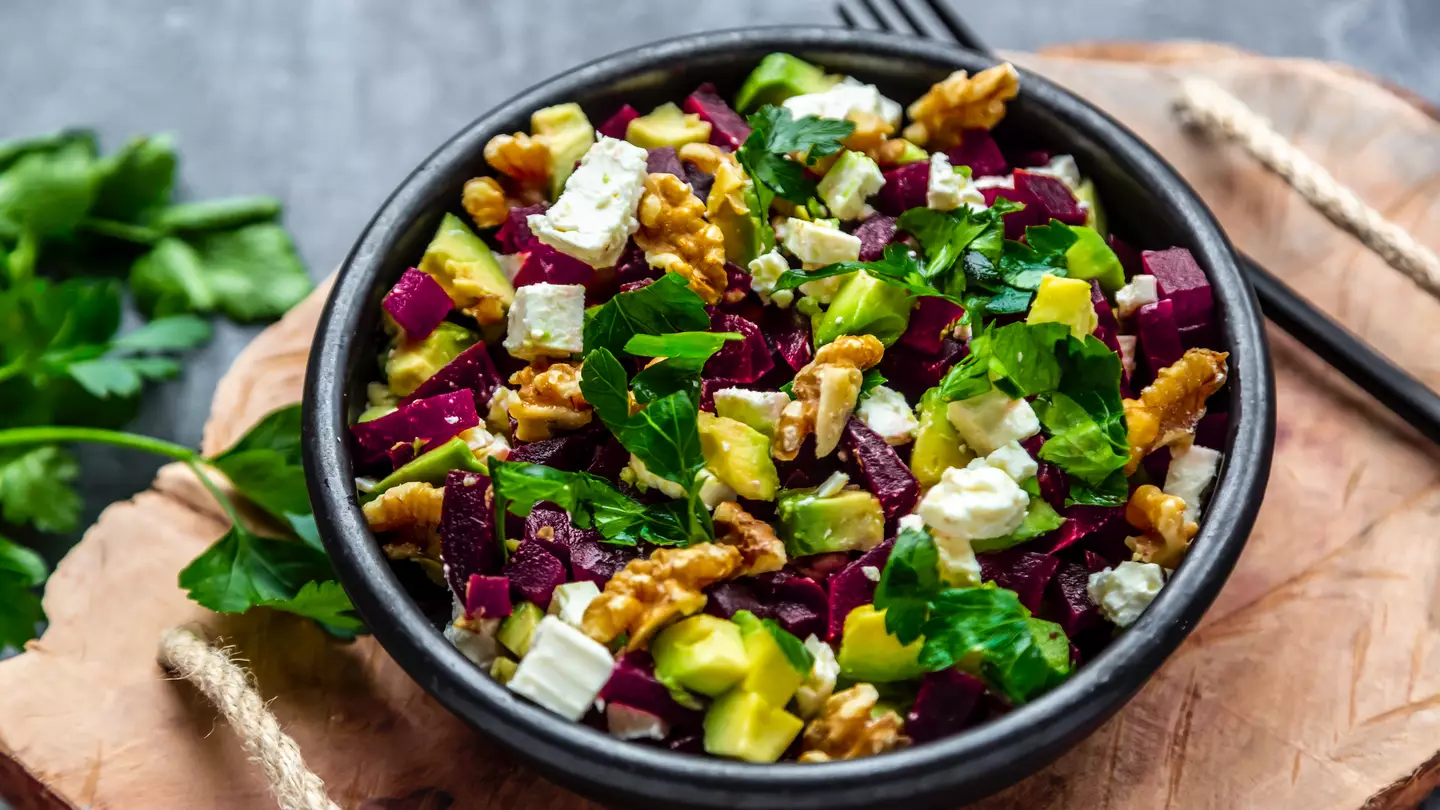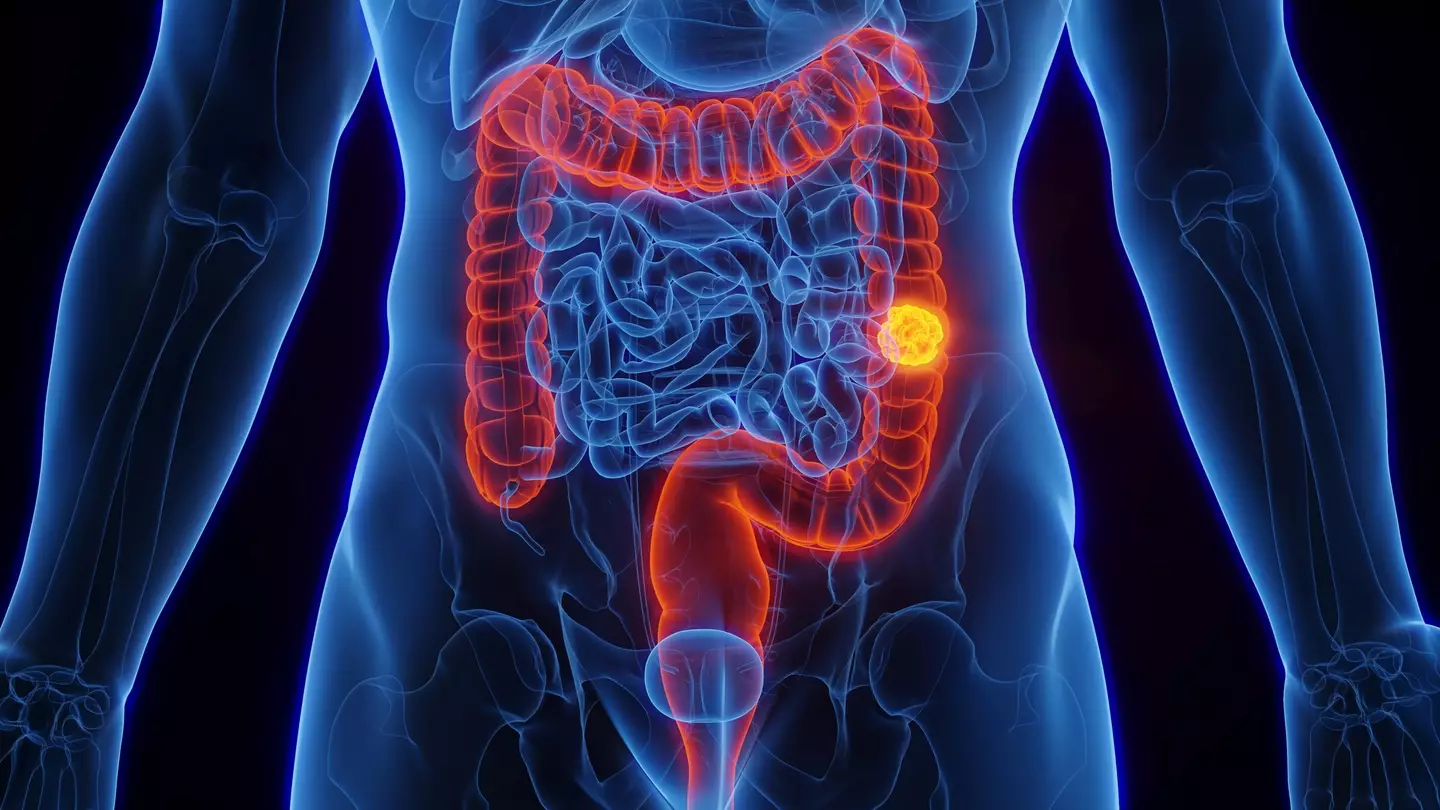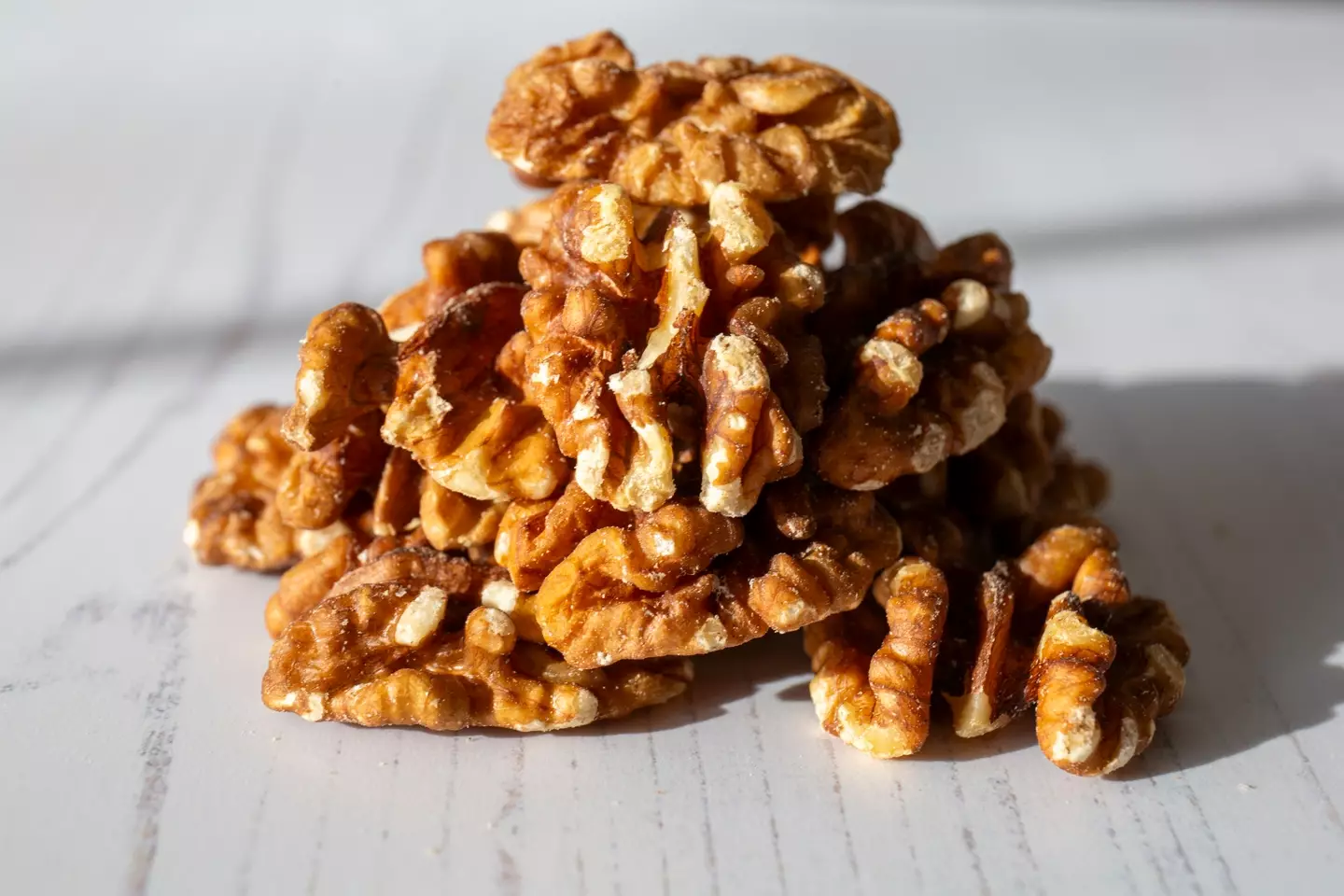
A common snack food has reportedly been linked to a reduced risk of a bowel or colon cancer diagnosis, particularly in individuals under 50.
The discovery comes amid global concern in the medical community of a sudden surge of younger generation cancer cases - particularly the strains of the deadly disease that affect the digestive system.
Bowel and colon cancer diagnoses are currently at an all-time high in younger individuals, with cases having been steadily on the rise since the 1990s. Cancer Research UK alleged last year that around 44,100 people receive the brutal health blow in Britain per year.
When it comes to the States, it is believed that around 20 per cent of colorectal cancer cases reported per year were found to be in citizens below the age of 50 - another alarming statistic.
Advert

The causes of said surge have been up for debate for some time, with many medics blaming the apparent generational reliance of ultra-processed food and ingredients.
Someone in agreement with this theory is scientist and author Daniel Rosenberg, who claims we should be leaning instead towards whole foods - meals that are closest to their natural state and contain no additives.
And one snack he recommends is nuts - walnuts more specifically.
According to Rosenberg - who works as the director of the colon cancer prevention program at the Carole and Ray Neag Comprehensive Cancer Center in Connecticut - the cheap treats are super effective in reducing overall inflammation in the body.
Discussing his latest research with Fox News Digital this week, he explained: "The study shows that a simple and inexpensive dietary addition can provide health benefits to the colon without any downside risks."

Walnuts contain a type of phytochemical known as ellagitannins.
These are metabolised by the bacteria found inside the gut and, in turn, converted into powerful anti-inflammatory compounds called urolithins.
High levels of said compounds have been found to positively affect immune cells in colon polyps, which themselves are associated with an overall decrease in inflammation.
Proof of this anti-inflammation was recorded in the study, which involved 39 participants between the ages of 40 and 60, who avoided ellagitannin-containing foods and beverages for several days prior to the study kicking off.
For several weeks afterwards, they embarked on a walnut-rich diet.
During a subsequent colonoscopy, her urine, blood and fecal samples indicated a lessening in inflammation.

A direct link was discovered between high urolithin A levels, and a reduction in proteins like vimentin, which is usually associated with advanced forms of cancer.
"The effects are seen both in the colon, as well as in the blood," Rosenberg explained.
"The latter indicates the effects are systemic and not only limited to providing gut health."
He continued, however: "We believe that many of the effects we have observed with respect to inflammation are directly related to a patient's ability to form urolithin."
"However, this ability is widely variable in human subjects. Some people can do this very well, whereas others lack this capacity."
Topics: Bowel cancer, Cancer, Life, Real Life, True Life, Health